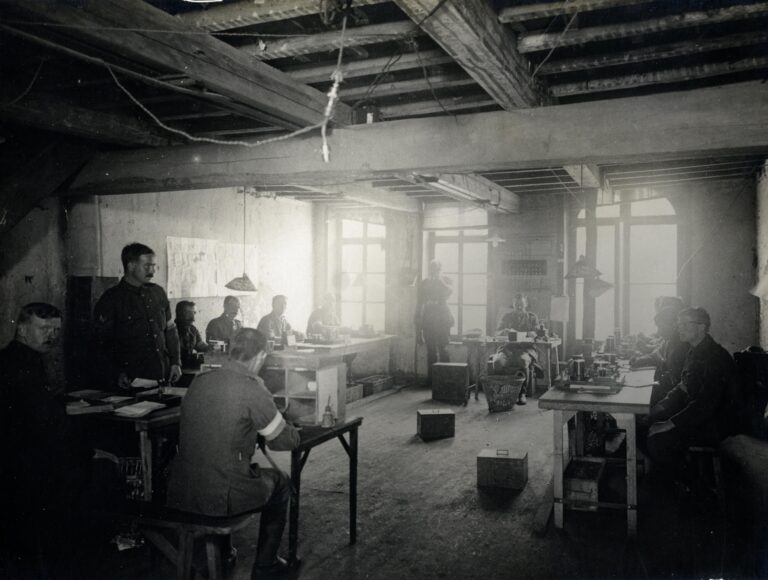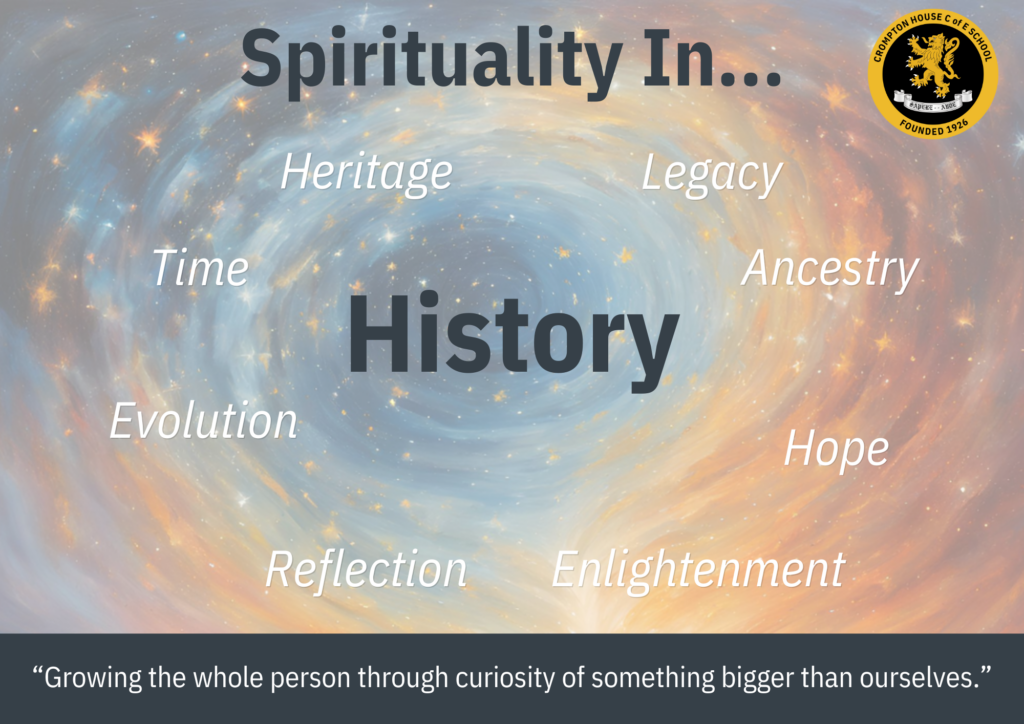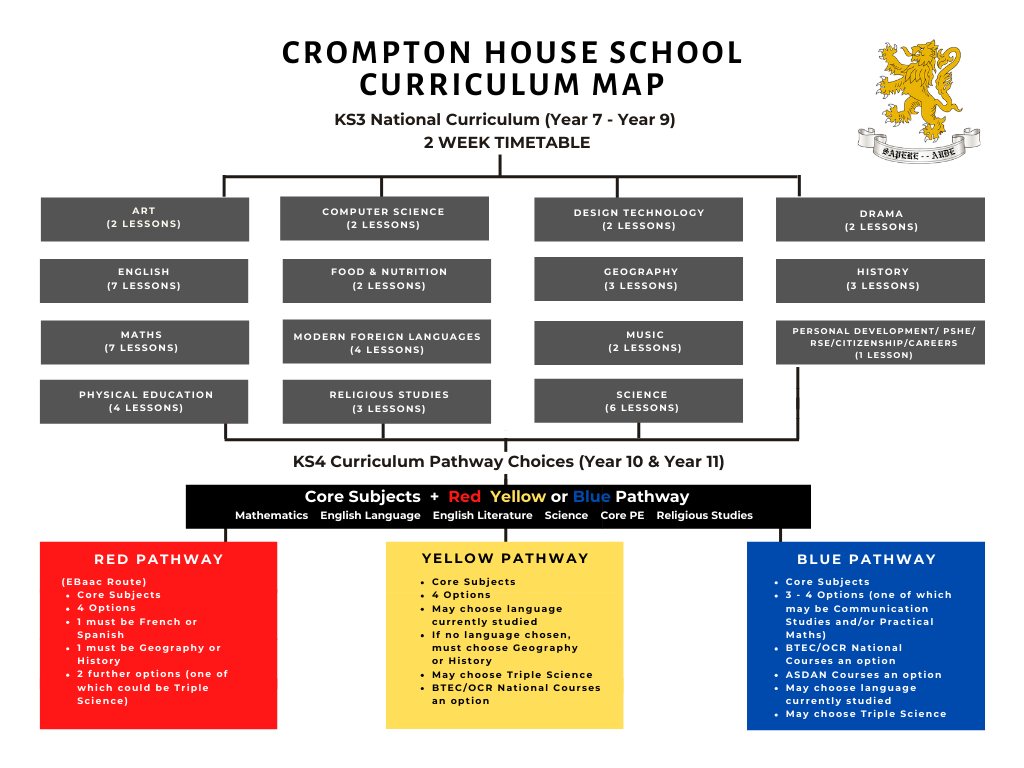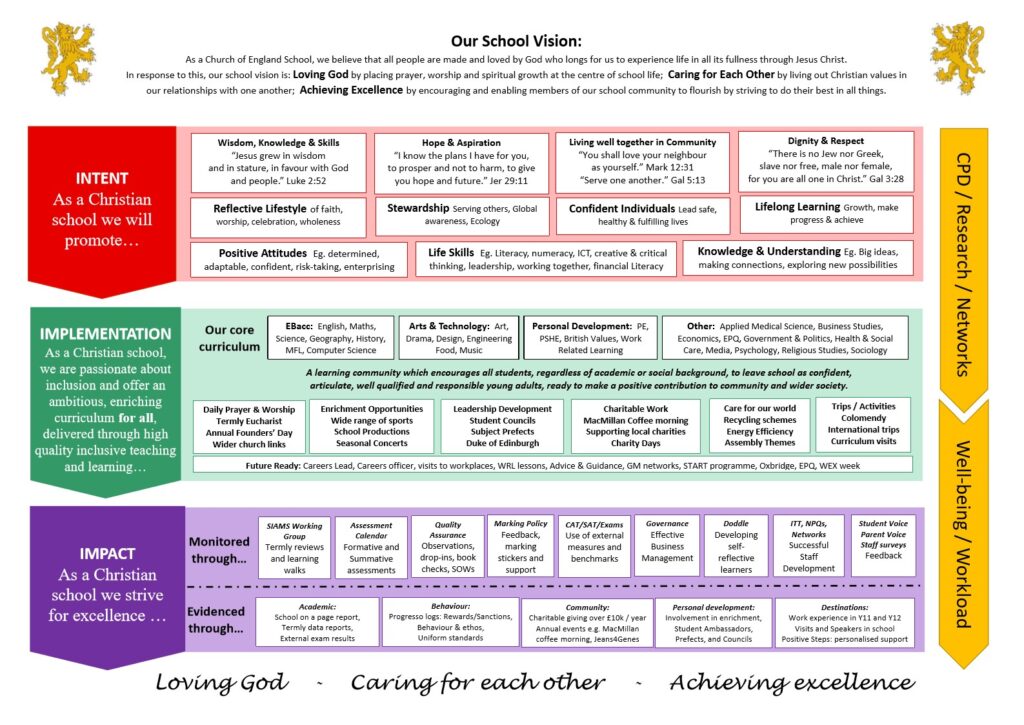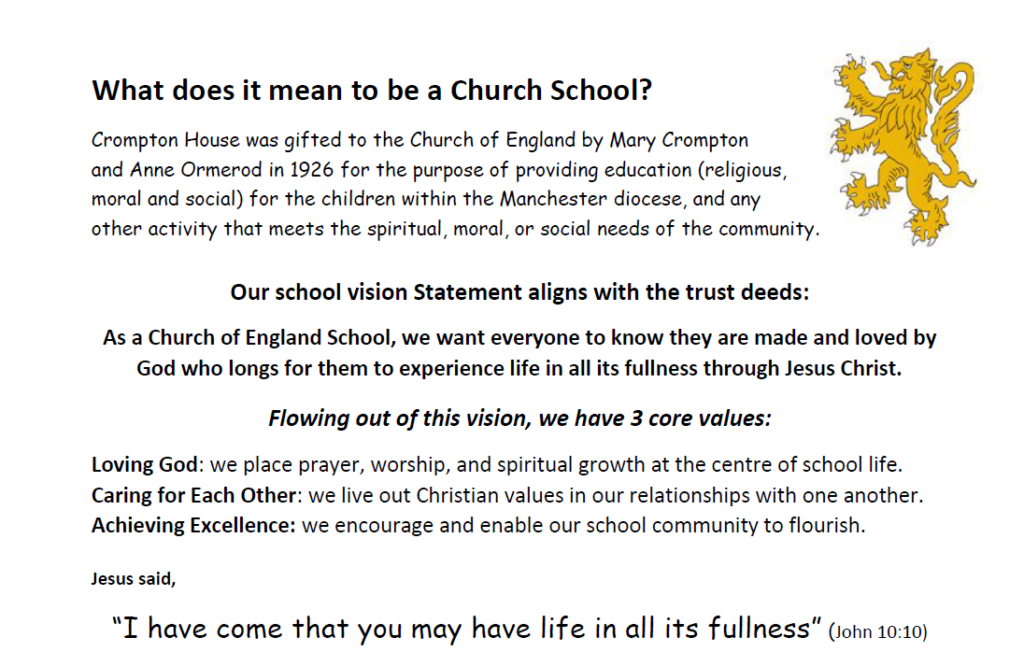History
Our curriculum aims to shape our students into citizens of the world, helping them to understand the world around them and how they fit into it.
Knowledge of history will allow CHS students to construct their own interpretations of the past and incorporate new perspectives into their thinking. It will encourage them to ask questions of the world around them, creating curious and informed young people.
The reason for teaching history in schools is not so that pupils can use it for making something else, to change or preserve a particular form of society, or even to expand the economy. The reason for teaching history is not that it changes society, but that it changes pupils; it changes what they see in the world and how they see it.
The CHS History curriculum adopts an enquiry-led approach, with students encountering six to eight enquiry questions throughout each year at Key Stage 3. Years 7-9 are structured on a chronological basis, starting from the Medieval period in year 7; moving to the Early Modern and Industrial period in Year 8; finishing with the modern period in Year 9. This is in line with the National Curriculum.
Each enquiry also has an historical skills focus. Therefore, our curriculum combines disciplinary and substantive knowledge, allowing students to progress in their historical understanding whilst building their knowledge of the past.
Importantly, students will experience repeated encounters with key concepts. For example, the concept of rebellion: in Year 7, students will analyse revolts against William the Conqueror, in Year 8 they will understand the context of the Peterloo Massacre and in Year 9 they will consider militant tactics of the Suffragettes. This will allow students to view these concepts in different ways in order to deepen their understanding.
Different enquiries will focus on breadth and depth, allowing students to make micro and macro analyses of Britain’s past.
We aim to use a range of formative and summative assessment in order to assess the impact of our curriculum. Students will have regular knowledge recall quizzes to ensure that substantive knowledge and key concepts are understood. Alongside this, students will practise their historical skills through extended writing which will receive feedback from teachers to support disciplinary understanding.
Summative assessments will explicitly test students’ knowledge of each enquiry and how they have progressed in their historical skills, e.g. source analysis. Performance in assessments will also inform future teaching, as teachers reflect on areas for improvement and regularly ‘interleave’ into future lessons.
Overall, we hope that our curriculum’s impact will be to prepare students for their future studies and for their lives as citizens of the world.
